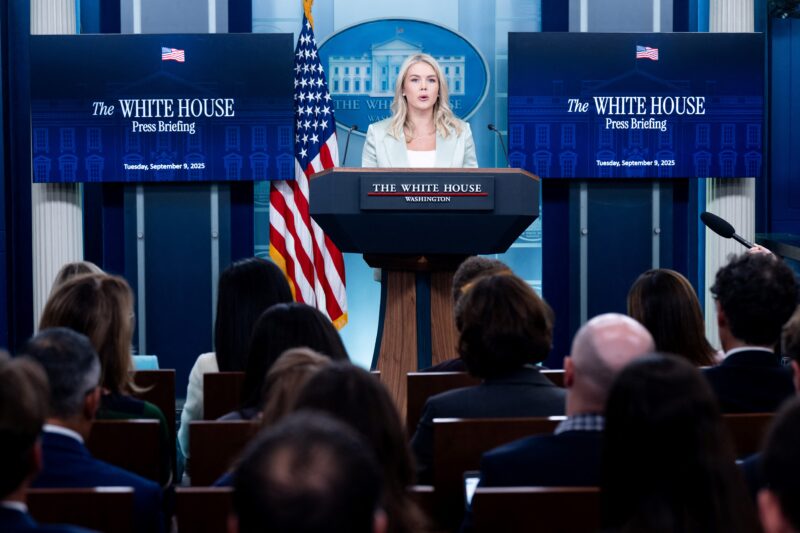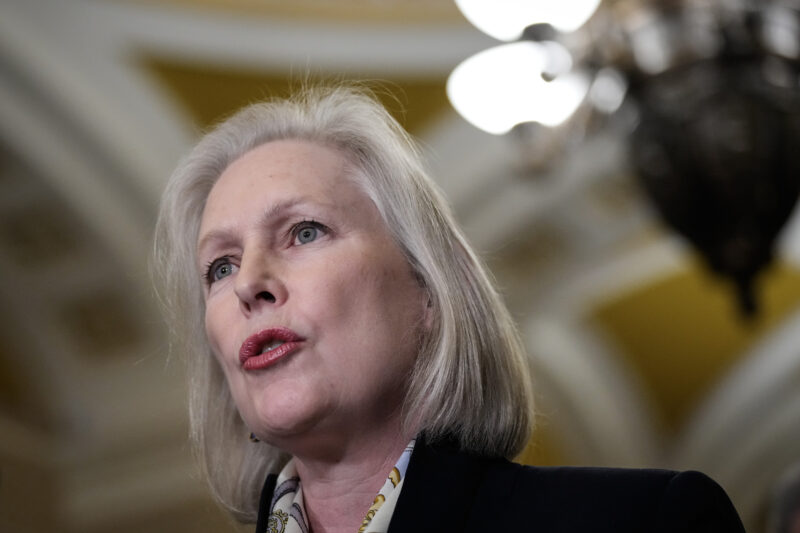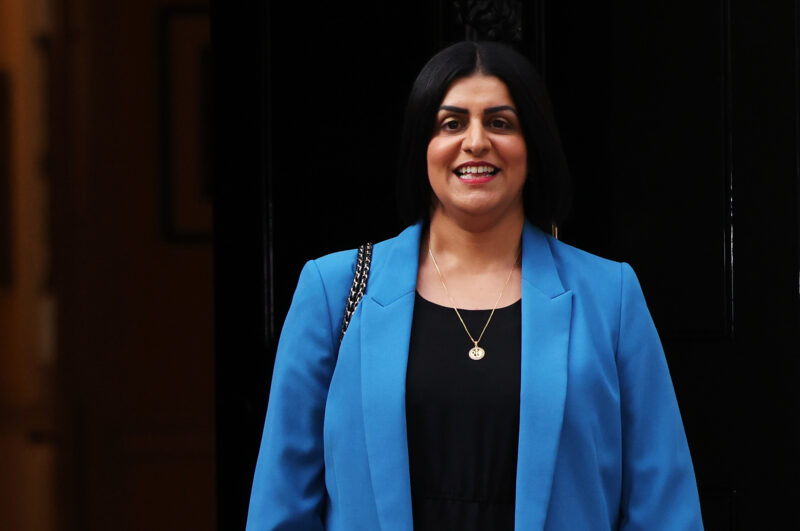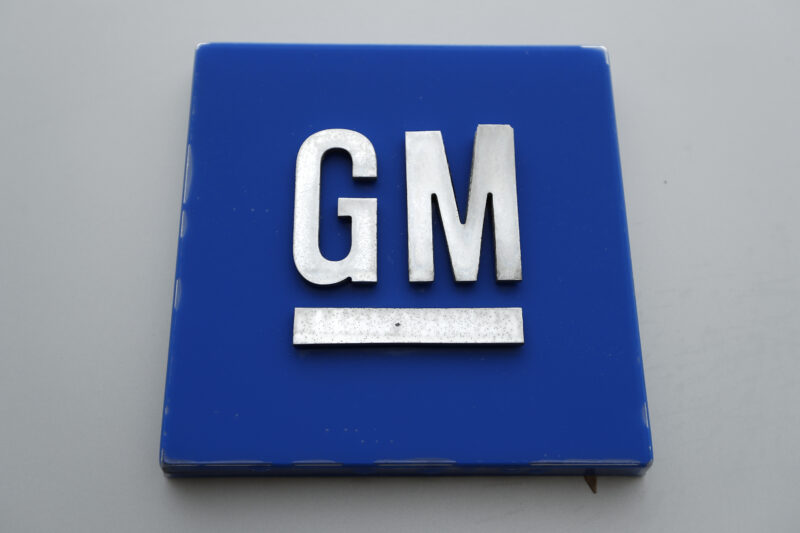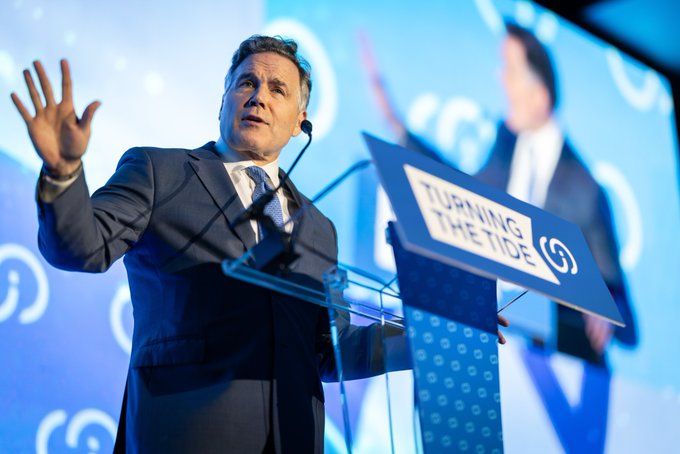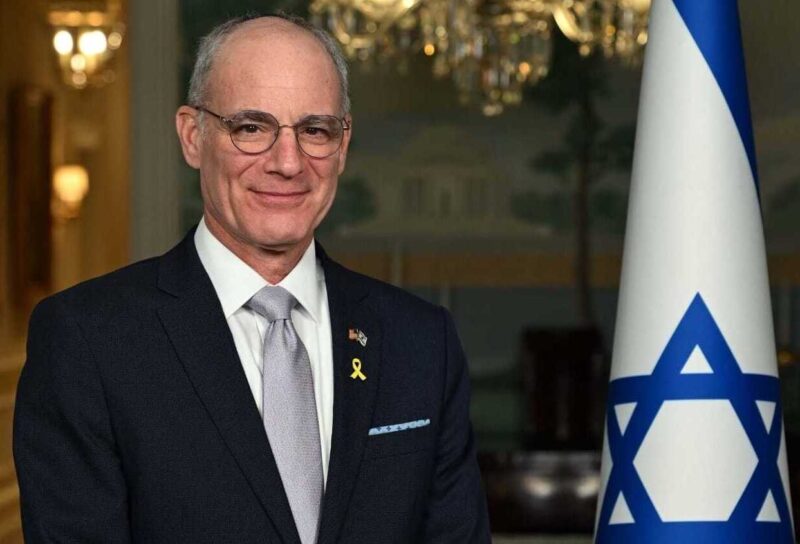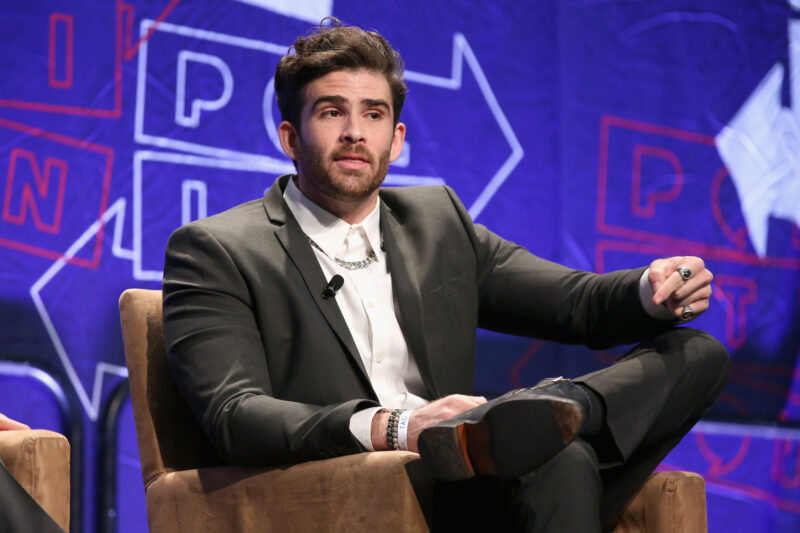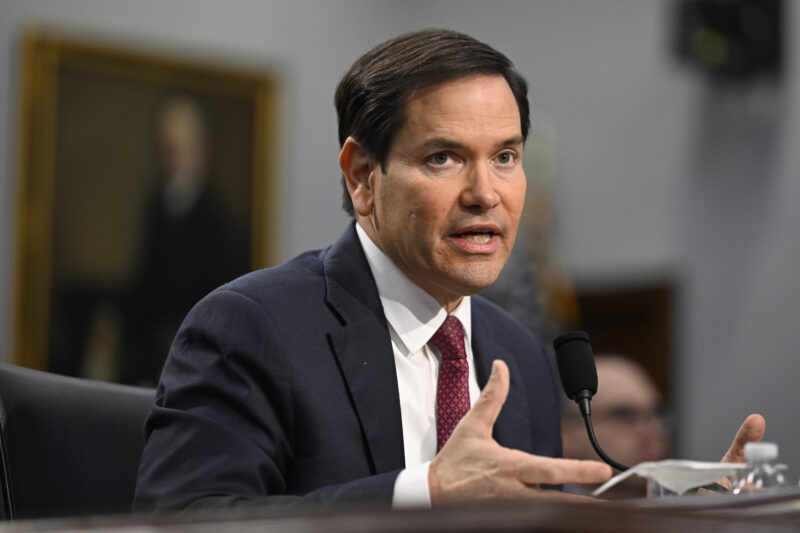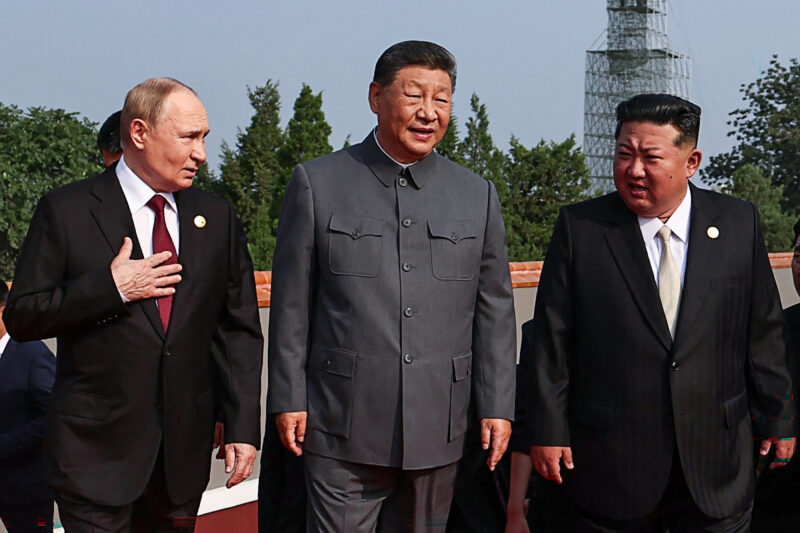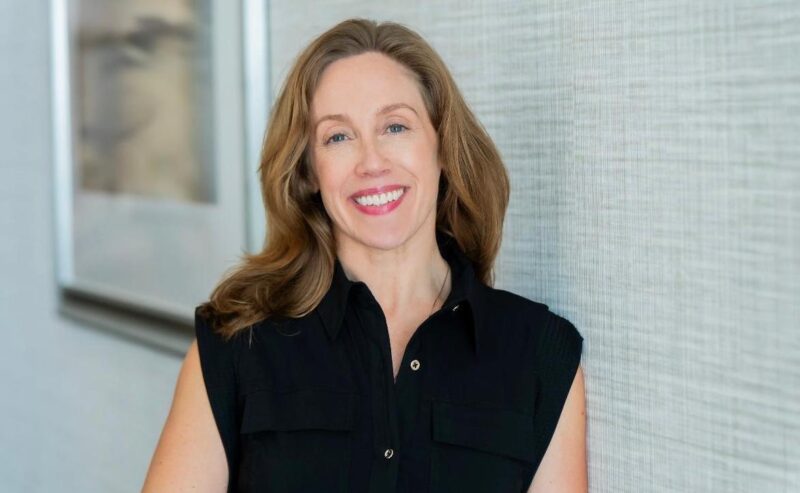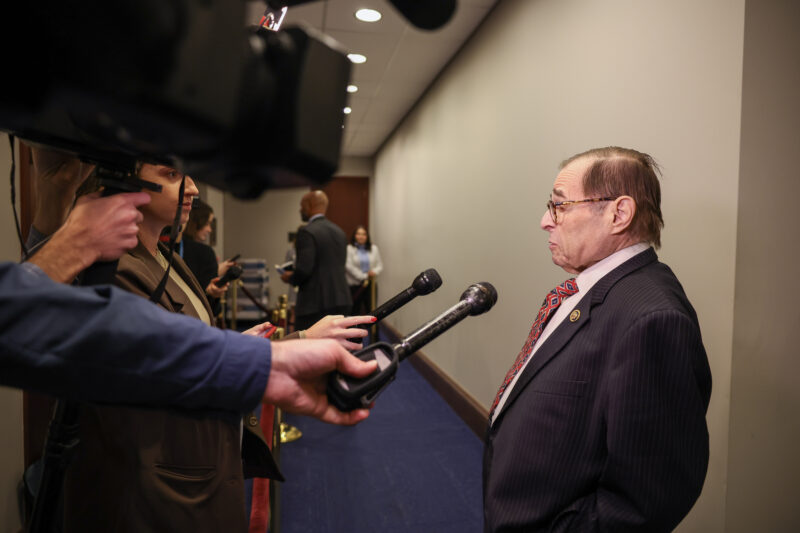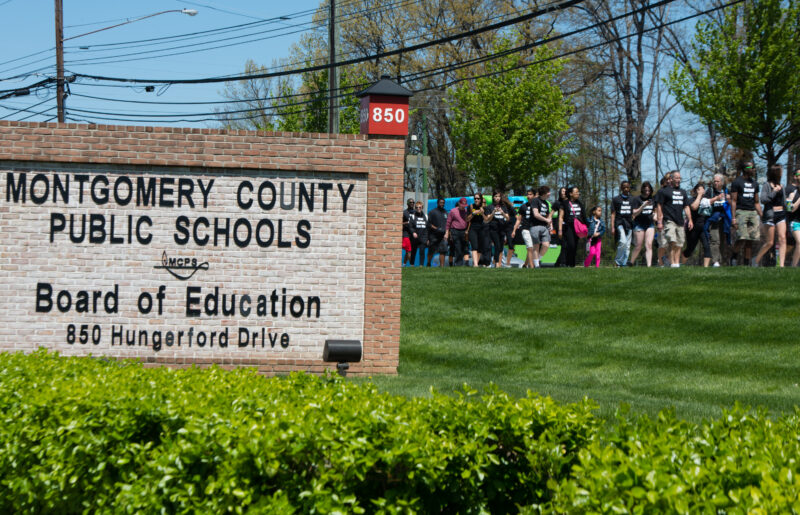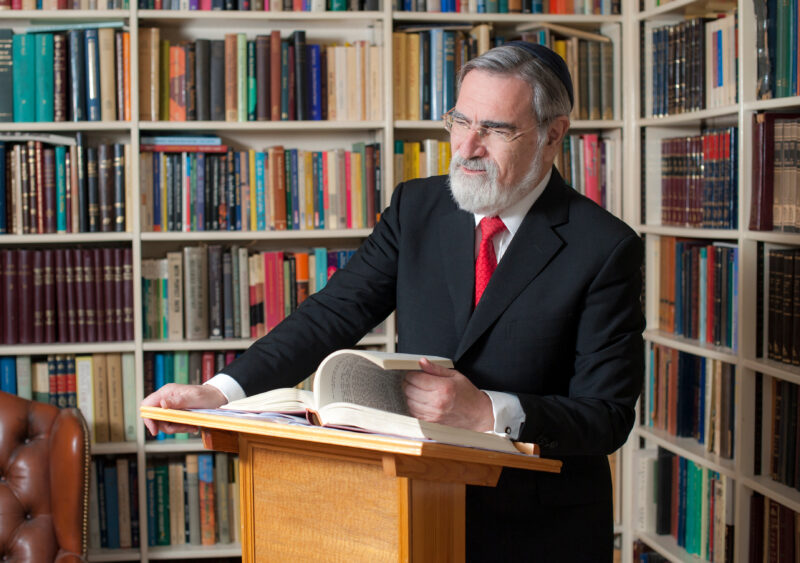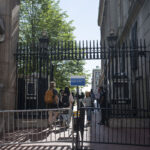Bay Area JCRC first in the nation to launch affiliated advocacy arm
The decision will help local Jewish activists organize against extremist politicians and groups

Tayfun Coskun/Anadolu via Getty Images
A group of Code Pink activists are gathered in front of Rep. Nancy Pelosi's (D-CA) house calling for a ceasefire in the Israeli-Palestinian conflict and demanding her not to support Israel, on Sunday morning February 11, 2024 in San Francisco, California.
In a sign of how deeply issues involving Israel and antisemitism have permeated local and state government, the Jewish Community Relations Council of the Bay Area is launching an affiliated political advocacy arm to support politicians who have stood with the Jewish community — and fight back, politically, against those who have not, Jewish Insider has learned exclusively.
With Bay Area Jewish Action, or BAJA, the Bay Area JCRC will be the first Jewish community relations council in the United States with an adjacent political organization. It is being launched in a progressive hotspot that has seen some of the most serious examples of antisemitism and anti-Israel activity in the country since the Hamas terror attacks of Oct. 7.
“This is our way of saying we want to be there for those candidates and elected officials that have had our back, and we want those that have betrayed us to know that there are consequences for mistreating the Jewish community and allowing the spread of antisemitism,” Tyler Gregory, CEO of the JCRC, told Jewish Insider on Thursday. He will also serve as executive director of BAJA.
BAJA does not intend to make endorsements. Instead, according to Gregory, it will empower smaller, grassroots networks in the nine-county Bay Area to get involved in political organizing and to educate friends — and candidates — about the issues that matter to the Jewish community.
“We need Jews to get more involved with politics and campaigns and local Democratic parties and labor unions, and we’re not allowed to do that work as a tax deductible 501(c)(3),” he said of the rationale behind BAJA. Instead, as a 501(c)(4) organization, BAJA can engage in advocacy and political activities that ordinary nonprofits are legally not permitted to do. “We need to train people to work on campaigns and to fundraise for elected officials that are aligned with their values,” Gregory said.
Only in the past couple of years have pro-Israel political activists begun to focus their attention on local races. In New York, a similar group called New York Solidarity Network engages in political advocacy on the local level; Gregory said he took a page out of their playbook. But NYSN is not affiliated with any other Jewish nonprofits.
The need for local advocacy on Jewish communal issues has become particularly acute after the Oct. 7 Hamas terror attacks, as hundreds of city councils around the country considered resolutions on the war in Gaza that were often one-sided and, at worst, antisemitic, and antisemitic lesson plans made their way into K-12 schools.
“We’re focusing on lifting up our champions, those that have been vocal in their condemnation of antisemitism, those that have blocked antisemitic resolutions from coming to city halls and that really deserve our kavod, our thanks,” said Gregory. “We’ll also be looking at a handful of races where there are candidates that have betrayed us or made conditions worse for Jews in their jurisdictions, and if they have a credible challenger that is supportive of our community and our values, that’s also a place where we’re going to get involved.”
San Francisco has been a locus of political activity related to the war in Gaza. This week, San Francisco’s district attorney issued criminal charges for 26 anti-Israel protesters who shut down the Golden Gate Bridge for hours in April. In November, an Oakland City Council meeting where a cease-fire resolution was considered went viral when some of the local residents who offered testimony espoused conspiracy theories about the attack and publicly proclaimed support for Hamas. Anti-Jewish hate crimes in San Francisco quadrupled in 2023.
The JCRC already has relationships with local elected officials through education programs, coalition-building and trips it organizes to Israel for public officials. (Vice President Kamala Harris traveled to Israel with JCRC in 2004, when she was San Francisco district attorney.)
But right now, the JCRC can’t publicly support or oppose any of them, or encourage community members to do the same. Gregory said he is confident the interest will be there, pointing to Jewish activists’ long-standing involvement in national elections. Only recently have the stakes of local races become so clear.
“Federal politics has been seen as sexier all along, right? We care a lot about Congress. It conducts foreign policy. It has a direct impact on our lives. And there’s been strong national Jewish organizations doing that work,” Gregory said. “People have woken up to the importance of local and state government in their lives, both as Jews and as citizens.”
BAJA will consider four areas when it looks at candidates: combating antisemitism; Jewish inclusion, which Gregory said is “especially relevant for school boards when it comes to ethnic studies and how Jewish Americans are presented”; support for the U.S.-Israel relationship; and Jewish values. That fourth item means BAJA won’t support anyone who doesn’t align with the JCRC on key social issues, particularly its support for the LGBTQ community and for abortion access.
The main purpose of BAJA, Gregory said, is to make sure local politicians know one thing: “Actions have consequences, positive and negative,” he explained. “We’re not going to let actions that undermine our safety in this community go unnoticed anymore.”




